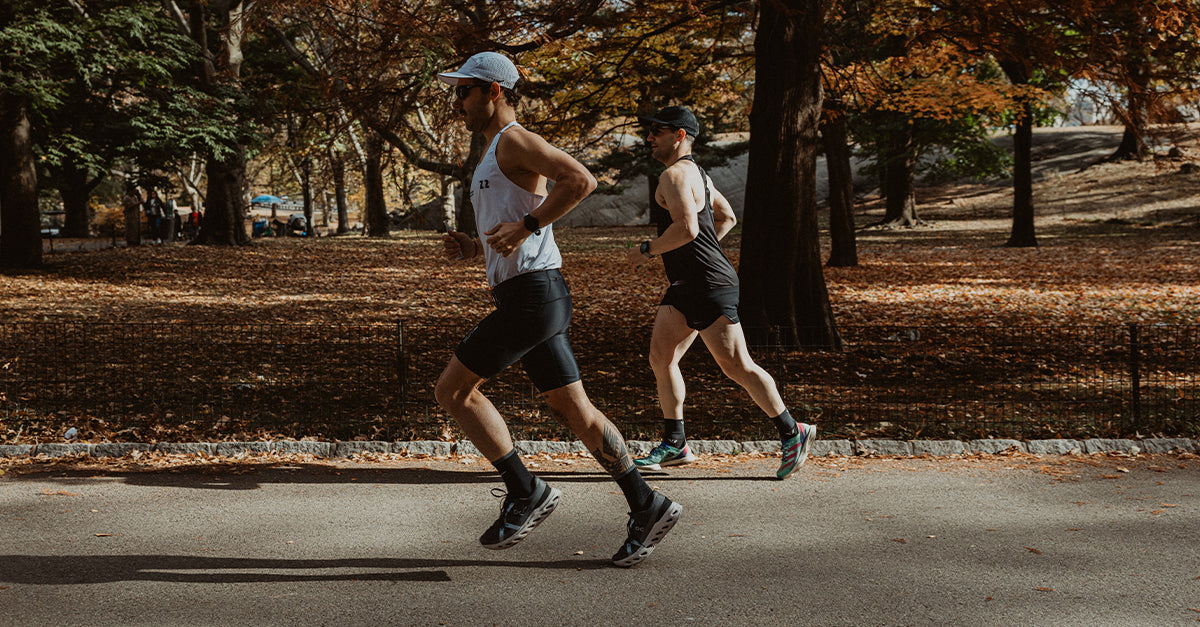Sleep is one of the fundamental pillars of health and athletic performance, especially for endurance athletes, such as marathon runners, cyclists, and triathletes. However, the importance of sleep is often underestimated in comparison to physical training and nutrition.
Today we will discuss how sleep affects recovery and athletic performance
The ideal amount of sleep for athletes, techniques to improve sleep quality, and the effects of sleep deprivation on performance. We will also review case studies and research on sleep and performance in endurance athletes. Shall we begin?
Ideal Amount of Sleep for Athletes
What is the ideal amount of sleep I need? It can vary from person to person, but most endurance athletes require more sleep than the average person to optimize recovery and performance. Studies suggest that athletes should aim for 8 to 10 hours of sleep per night. The National Sleep Foundation recommends that adults get between 7 to 9 hours of sleep, but high-performance athletes often need a little more to support the physical and mental demands of intense training.
Sleep Quality: How to Improve It?
Improving sleep quality is just as important as increasing sleep quantity. Here are some tips that can help improve sleep quality:
-
Maintain a regular sleep schedule: Try to go to bed and wake up at the same time every day to help regulate your biological clock.
-
Create a sleep-friendly environment: Make sure the bedroom is dark, quiet, and at a comfortable temperature.
-
Avoid stimulants before bed: Caffeine and nicotine can interfere with sleep. Try to avoid them at least four hours before going to bed. Also, avoid mental stimulation from your phone or TV (scrolling through your phone for hours while lying in bed doesn't help!).
-
Practice relaxing activities: Relaxation techniques like meditation, reading, or taking a warm bath can help prepare the body for sleep.
-
Limit electronics use: The blue light emitted by cell phones, tablets, and computers can interfere with the production of melatonin, a hormone that regulates sleep.
Case Studies and Research on Sleep and Performance
Research indicates that marathon runners who maintain a proper sleep routine have better race times and a lower incidence of injuries. A study conducted by Stanford University followed elite runners and found that those who increased their sleep time to 10 hours per night showed a 5% improvement in race times.
For triathletes, who face the combination of three exhausting sports, proper sleep is even more critical. Studies show that sleep deprivation in triathletes can lead to a significant decrease in performance, especially in long-duration events.
In Conclusion…
A good night's sleep not only helps with physical recovery, but also improves cognitive function, which is essential for making quick decisions during competitions. By investing in quality sleep, athletes can optimize their training and achieve better results in their events.
On the other hand, sleep deprivation can have devastating effects on performance. Lack of sleep reduces reaction time, accuracy, response time, and endurance. Additionally, sleep deprivation increases the risk of injury due to decreased coordination and slower response times. Studies show that even a slight reduction in sleep time can significantly impair athletic performance.
Incorporating healthy sleep habits and prioritizing both the quantity and quality of sleep may be the key to progressing in sports! So, sleep well, recover properly, and watch your performance improve significantly. Sometimes, skipping a workout to get a bit more sleep is well worth it!


